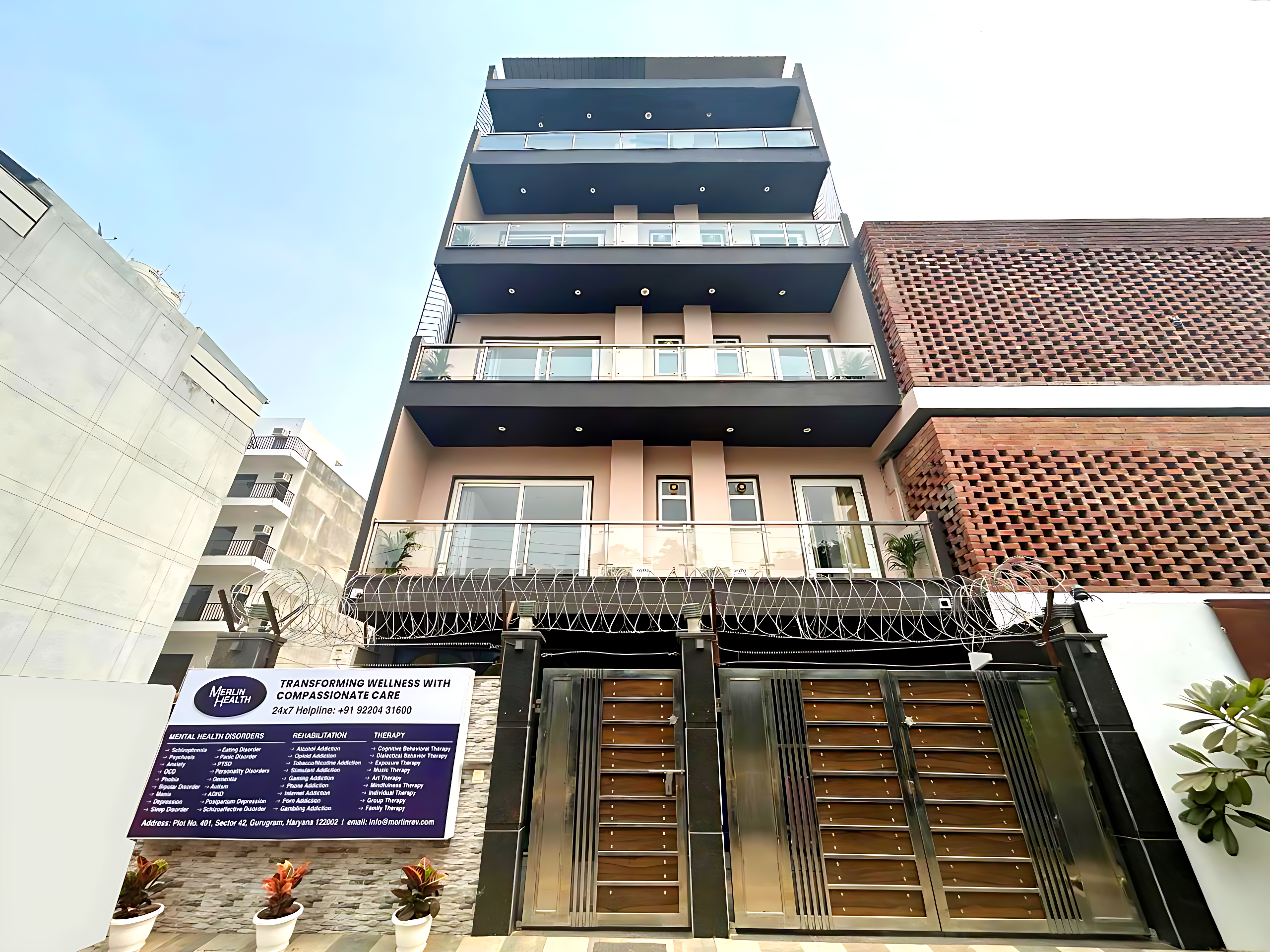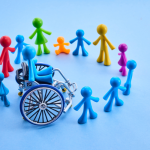Mental health is one of the most significant factors that can shape a person’s physical, psychological and emotional well-being. Any mental health issues, such as anxiety, depression, or any other mental health disorder, can disturb the normal functioning of the body and cause distress. The first step toward complete recovery is seeking professional help at a rehabilitation centre. However, with so many options available, finding the best treatment centre can be challenging.
Have you ever thought about how to decide on which mental health facility should be chosen? A wrong decision can impact your life significantly. This guide will give you an answer to all your concerns.
Mental Health Treatment Facilities at a Psychiatric Hospital
Mental health treatment centres are the facilities assigned to individuals diagnosed with mental disorders and require holistic care and treatment. In most cases, mental disorder facilities are classified into two types. They are:
Inpatient Facilities at a Psychiatric Clinic: Inpatient mental health facilities are also known as residential treatment centers. These psychiatric hospitals provide 24/7 extensive and personalised care for individuals who require constant supervision of medication, therapy and psychiatric treatment. The goal in an inpatient centre is to stabilise the person in a controlled and safe environment before transitioning them to outdoor treatment.
Outpatient Facilities in a Hospital: Outpatient health centres offer therapy and treatment, allowing individuals to continue living at their homes. These mental health treatment facilities provide flexible space, allowing patients to attend therapy while being in the comfort of their homes. It is suitable for patients who do not require 24/7 surveillance and can manage their symptoms without professional help.
Key Factors to Consider While Choosing the Right Mental Health Clinic
While deciding to choose the best mental hospital for treatment, there are several key factors to consider. These are:
1. Types of Treatment Offered at a Mental Hospital: Different mental health centres offer a variety of treatment types, depending on the needs. Common types of treatment are:
– Cognitive Behavioural Therapy (CBT) in a Rehab Centre: CBT is used in a rehabilitation centre to help the individual change the negative thought pattern and maladaptive behaviour into positive thoughts.
– Dialectical Behaviour Therapy (DBT) for Treatment: DBT is primarily used for patients with personality disorders. It helps them to process their emotions and become more mindful.
– Medication Management to Treat Mental Disorders: Medications such as psychotropic and antidepressants are also used alongside CBT and DBT to help for a faster recovery.
– Holistic Treatment Approaches Used in a Mental Hospital: Some mental hospitals also incorporate complementary therapies such as art and music therapy, play therapy, yoga and mindfulness meditation to address the mental health disorders from a holistic view.
2. Availability and Expertise of Staff at a Rehabilitation Centre: The qualifications, experience and specialisation of staff are crucial in determining the quality of care received by each patient at a psychiatric hospital. For example, if an individual requires treatment for schizophrenia, one must look for doctors specialised and experienced with successful outcomes in dealing with similar cases. The staff-to-patient ratio is also crucial. A low staff-to-patient ratio implies that individual care is prioritised and also ensures proper supervision in a treatment facility.
3. Success Rates and Reviews of a Treatment Facility: Patient reviews and ratings allow one to understand what to expect out of a treatment centre, the quality of care, and the overall satisfaction of patients. Success rates will provide insight about the treatments offered at a mental health hospital and also the recovery rate of patients.
4. Specialised Programs Offered at a Mental Hospital: Mental care hospitals provide specialised programs catering to the individual needs of each patient or conditions such as specialised therapies for age-appropriate populations, gender-specific population and trauma recovery individuals.
5. Environment and Amenities Provided at a Rehabilitation Centre: Researching the living conditions of an inpatient treatment centre, safety and the overall environment is essential while selecting the best treatment centre for mental disorders. Some mental hospitals offer private rooms with AC and access to other recreational facilities. While others may not, if you want to seek treatment on an OPD basis, look for centres that are in the vicinity of your home.
For IPD basis as well, one may want the centre to be in and around their location. Cost should also be looked after. Many government rehabilitation centres provide financial assistance to reduce constraints for payment. Before committing to a treatment centre, look for the right environment and amenities available and the insurance plan coverage, along with additional costs that may be applicable.
6. Follow-Up and Aftercare Program at a Treatment Centre: Recovery does not end when one leaves the treatment facility. Ongoing support and care are vital for maintaining a long-lasting, successful recovery. The best mental hospital near me offers comprehensive aftercare programs and follow-ups to support the patient during the journey of recovery.
Choosing Merlin Health as the Best Mental Hospital for Treatment
Merlin Health in Gurgaon, Delhi, NCR, India, stands out as the best mental hospital, providing extensive treatment at minimal rates. Merlin Health provides a variety of treatment services, starting from anxiety disorders to schizophrenia. The best mental health treatment centre ensures that its staff are well-versed in the treatment procedure and are dedicated to providing individualised care.
It includes CBT, DBT, medication management, and vocational therapies like yoga, art therapy, and music to help the patient recover faster. A good mental health treatment centre will also give a completely safe and nurturing environment that may cater to each person’s unique needs. This helps in maintaining stability and achieving overall well-being of the mind. This reduces the relapses that may occur after discharge.
Conclusion
The selection of a proper treatment centre can be the most important life-changing decision when you or any of your family members are undergoing any sort of mental health disorder. Mental health treatment is basically a personal journey to recovery, and finding a suitable place for treatment is the first step toward achieving a long-lasting effect. Merlin Health is here to help those who are looking for rehabilitation and support on their journey to recovery. Reach out to us at +91 9220431600 or visit www.merlinhcs.com to learn how our services can help you achieve a healthier and more fulfilling life.
FAQ
Q1. What kinds of recreational activities are part of the treatment process in a mental health facility?
A. Mental health clinics typically incorporate activities like yoga, breathing exercises, music therapy, and sessions on psychoeducation as part of an all-rounded treatment plan.
2. Can family members be accommodated in the centre overnight or participate in therapies?
A. Family members are not usually allowed to stay overnight in a rehabilitation centre during the treatment process. However, they are often included to participate in family counselling and meetings.
3. Can a person continue his education or career from outside the mental hospital during his treatment process?
A. Yes, most people are permitted to pursue their education or continue working on their career. The internet is allowed for these people for some time of the day in particular sitting rooms.
4. How long does it take to get cured at a rehabilitation centre?
A. The treatment process duration in a rehab centre may differ due to the type of disorder, chronicity, length, and overall individual’s progress during treatment.
5. May I also bring in my personal therapist or psychologist when admitted into a rehabilitation centre while under their care?
A. Yes, the rehabilitation centers will not bar a person from their preferred therapist or psychologist while on treatment, which aids the person to get some level of continued care they are looking for.







